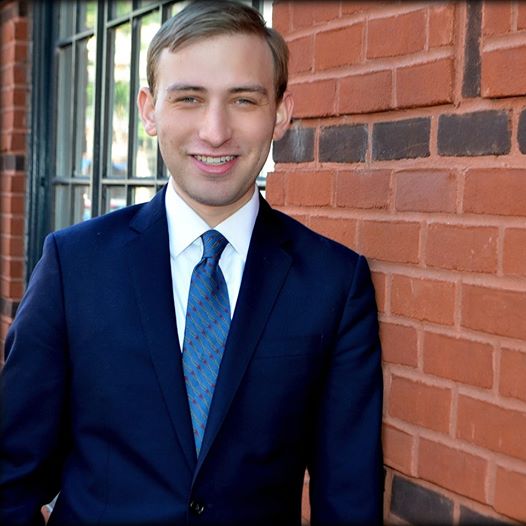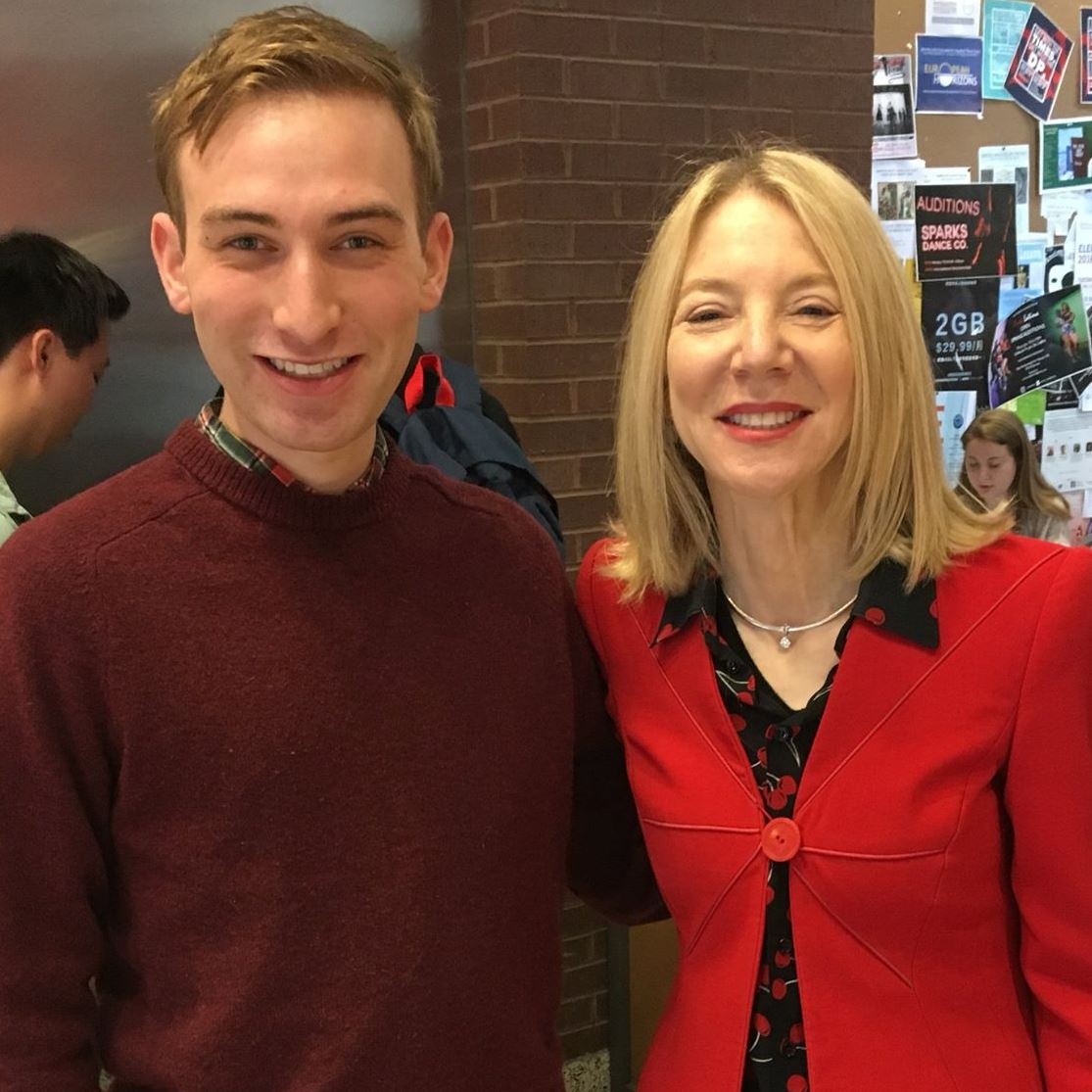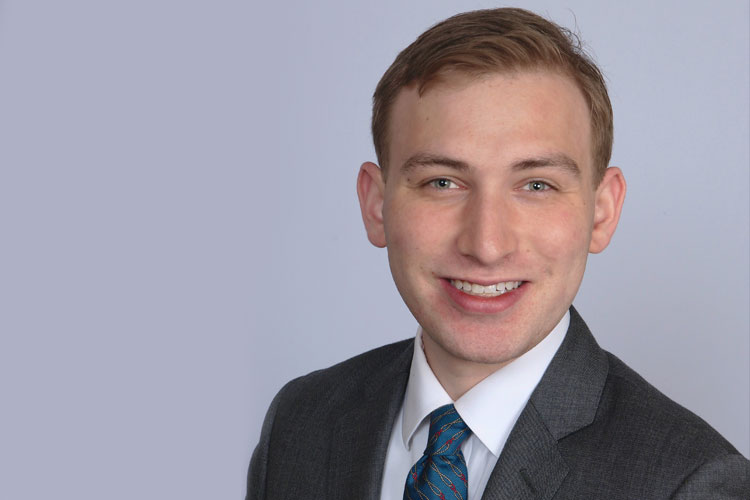As a former White House intern, published writer for the “Huffington Post,” Mitchell Scholarship winner, UPenn Leadership Training Institute founder and hardworking University of Pennsylvania senior, Theodore Caputi seems to have accomplished more during his four years in college than many could hope to accomplish in a lifetime. Caputi studies Mathematics and Economics with the hopes of one day becoming a health economist. His research focuses on substance abuse disorders with an emphasis on prevention, intervention and treatment of these disorders. “Greater than 10 percent of Americans have struggled with some kind of substance abuse disorder,” he says. “We have the capabilities to do things about it.”
Substance abuse disorders affect people of all ages, but for the most part, they begin in childhood. They are lifelong diseases, and Caputi believes that society has the responsibility to protect the futures of young people. There needs to be more programs in order to prevent the onset of disorders, interventions in order to prevent disorders from escalating, and treatments for the people struggling with these illnesses.

“The biggest problem regarding substance abuse is stigma, which has prevented the integration of substance-abuse disorders into the medical framework,” Caputi says.
Substance abuse is strongly branded and is treated as if it’s just bad decision-making made by bad people. These people are then incarcerated and punished for something that is out of their control.
Recently, researchers have discovered that these disorders are chronic diseases and need to be treated medically, instead of punishing the victims for making poor decisions.
The old prevention model was to use scare tactics by telling people to “just say no,” which turns substance abuse into a moral issue.
“There was no psychology behind this,” says Caputi. “It was basically saying, ‘Don’t be a bad kid.’”
Now, though, there is a greater understanding of substance abuse disorders, with the goal of reducing their onset in young people.
“One of the best things we can do in public health is to treat substance abuse disorders as a medical disorder as opposed to a moral vice,” Caputi says.
The Penn student believes that leadership education can be successful at preventing problem behaviors among young people, and will help them acquire personality traits to help them resist unhealthy behaviors. He founded the Leadership Training Institute at UPenn, which is a program that trains middle school and high school students in leadership with a focus on specific skills, such as teamwork, problem solving and conflict resolution. The goal was to bring this program to the underprivileged areas of Philadelphia.
The program is free, which improves the accessibility for these students to get the appropriate leadership training. Volunteers from four different universities travel to middle schools and high schools in order to lead the students in fun, activity-based lessons that relate to leadership. It gives undergraduates experience working in schools, teaches young people life skills and boosts protective factors so young people will be less likely to use drugs or engage in violence. It gives children a greater sense of self-worth and a more internal locus of control.
Caputi spent last semester of college working for the Office of National Drug Control Policy in the White House under President Obama. This division under the executive office of the president sets the drug control policy for the country. They decide how they are going to mitigate the harms, risks and costs of substance abuse disorders.
“My role there was how to get more people into treatment,” says Caputi.
He looked to expand the access of medication-assisted treatment and the use of medications to help those with disorders, specifically opioid-use disorders, achieve recovery.
“I helped design a conference with some academics to build up the infrastructure for physicians to learn more about medication as a treatment so it could become more accessible,” he says.
Caputi conducted research on emergency situations, and how people who have overdosed on drugs can get successful treatment after being in the emergency room. This is typically called a “warm hand-off.”
He explored specific populations’ access to treatment, such as justice-related populations, and how individuals in jail who are struggling with substance abuse can get access to treatment services.

On a much smaller scale, Caputi works to make a difference on his own campus. He is a drug and alcohol peer advisor, meaning he helps educate students, specifically freshman, on substance abuse. The program takes the harm-reduction approach, which focuses on mitigating the risks with alcohol or drug use.
“A good example of harm reduction policy is telling students to eat protein and carbohydrates before they go out drinking,” he says.
The program doesn’t preach abstaining from substances; they educate students on how to be safe about what they choose to put in their body, such as telling undergraduates that eating a large meal before drinking decreases the risk of alcohol poisoning.
The greatest health risk on college campuses is drug and alcohol-related incidents. Students accept the harm-reduction approach faster than being told not to drink, because many students will engage in substance use even after learning the risks.
While there are many students who both safely and unsafely use substances, there are many who don’t want to engage in those activities, but peer pressure, especially new students trying to make friends, could make them feel as if they have to participate in order to be accepted.
“There are probably more of you than you might think,” says Caputi. “My opinion is that having fun should never be contingent upon drugs or alcohol. It’s all about the kind of mindset you put yourself in.”
Being uptight and stressed at a party will result in people not wanting to talk to you, whether you’re intoxicated or not. People accept others who are non-judgmental, regardless of what your BAC is, and if you choose not to be in a situation where substances are present, there are plenty of ways on or off campus to have fun without alcohol.
With his active involvement in school and his outside projects, it’s hard to imagine how Caputi handles it all on top of his regular classes, having a social life and even just finding time to sleep.
“My feeling has always been that if you love everything you do, then you will not care if you’re busy,” he says. “The only time I feel busy or stressed is when I’m doing things that I don’t want to do.”
So what’s next for this graduating senior? With a LinkedIn profile as extensive as his, it’s hard to imagine that there are even bigger and better things in his future.
Caputi will be attending University of College Cork in Ireland after graduation to earn his Masters in Public Health on the Mitchell Scholarship. He will be studying health promotion, where he will research how to get people to adopt healthy behaviors, either through interventions or through policies.
“Health promotion could be a text messaging app that reminds you to exercise every day, or it could be a policy that limits the advertisement of cigarettes, because cigarette consumption is more elastic to advertisement than you might think,” he says.
With a professional demeanor, positive attitude and a presence that radiates intelligence, people better watch out; Theodore Caputi is going to change the world.


















[…] Read the full article from the Source… […]